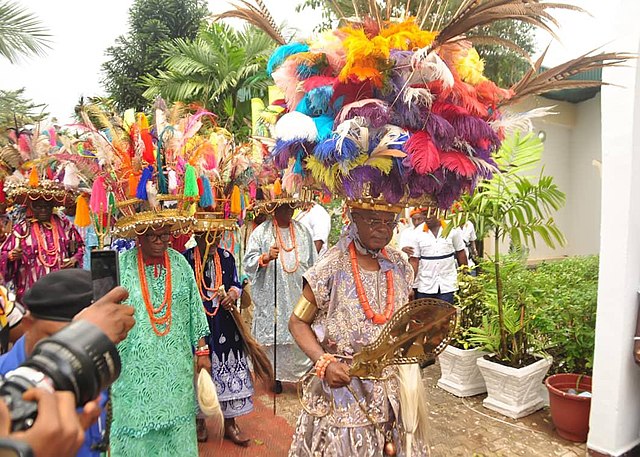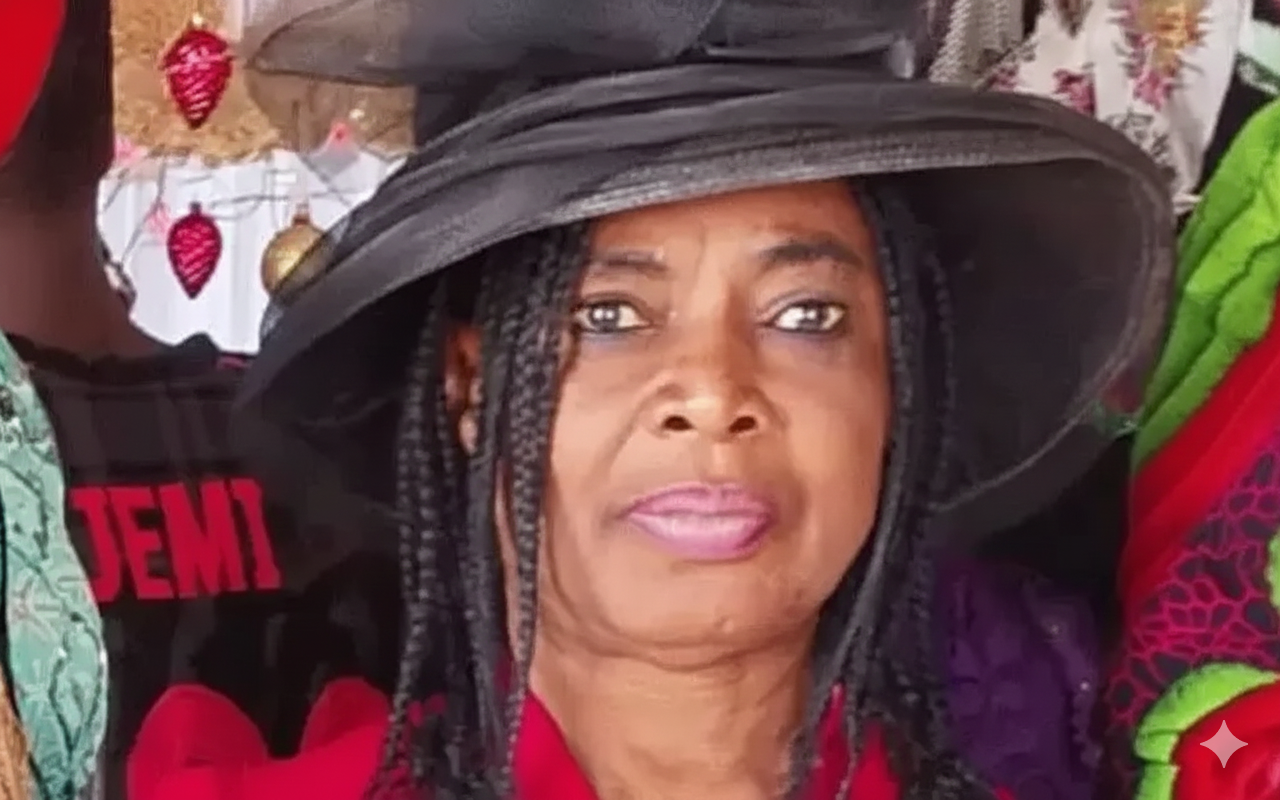
The Joint Admissions and Matriculation Board (JAMB) has tasked the Federal Government with setting up specialised centres in each of the six geopolitical zones to support Persons With Disabilities (PWDs) in overcoming the obstacles they face when pursuing higher education.
This move, the examination body said, aims to ensure equal access to education for all, regardless of physical limitations.
JAMB Registrar, Prof. Is-haq Oluyede, stated this in Abuja on Tuesday at the first African Regional Conference on Equal Opportunity Access to Higher Education.
Prof. Oluyede proposed that the centre be attached to the National Commission for Persons with Disabilities and be equipped with state-of-the-art assistive technology to enhance educational access and inclusivity, making sure that no candidate is left behind due to their condition.
“Education remains the cornerstone of self-actualization, and it is our collective responsibility to ensure that every individual, regardless of ability, has access to higher education.
“A realistic theory is the most practical way forward. I call on the Federal Government of Nigeria to establish and attach to the National Commission for Persons with Disabilities a centre for supporting services for persons with disabilities.
“This centre should be well-equipped with at least one branch in each of the geopolitical zones of the Federation. This will be a major demonstration of empathy for the large number of fellow compatriots with hearing impairments,” he said.
In his remarks, Minister of State for Education, Yusuf Sununu, highlighted the critical need for inclusivity in educational and economic development for persons with disabilities (PWDs).
He said that the challenges faced by PWDs in accessing education and employment must be addressed through collective efforts, outlining three critical areas for advancement: building inclusive educational infrastructure, empowering PWDs through economic inclusion, and shaping public policies that support inclusiveness.
Sununu said it was important to integrate assistive technologies and create economic opportunities tailored to PWDs’ skills and qualifications.
He said: “For persons with disabilities, the impediments to education are not only compounded by general societal stigmas but also by physical limitations and institutional challenges. But as we have seen in various contexts, when these barriers are removed and the right conditions are created, the potential within every individual blossoms.
“Equal opportunity is a journey and never a destination. It is the collective responsibility of governments, academic institutions, the private sector, and civil society to ensure that persons with disabilities are not left behind.”






